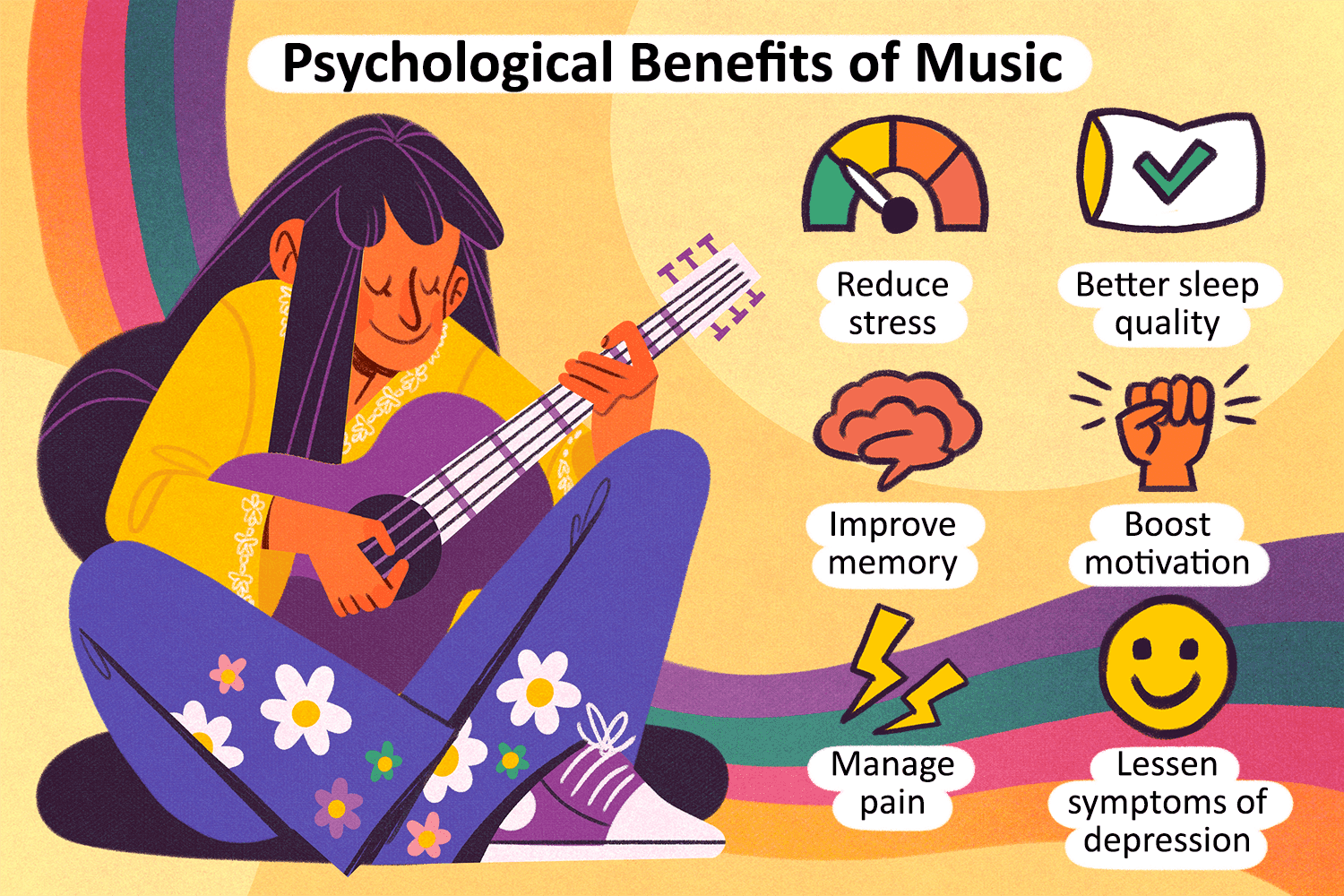Space travel has always been a topic of fascination among humans. With the increasing number of space missions and the potential for colonizing other planets, humans are curious about the effects of living in space on human health. Space travel has come with obviously known risks such as radiation exposure, zero gravity, and limited resources. However, in contrast, there are some surprising benefits of living in space that has come into light. Some of the positive health impacts of living in outer space include reduced risk of heart disease, increased immune system functionality, better sleep quality, and stronger bones. Thus, the surprising health effects of living in space have opened doors for future astronomical discoveries.
Ten Surprising Health Effects of Living in Space
Space travel is a topic that has fascinated humans for decades. With the increasing number of space missions and the prospect of colonizing other planets, there has been a renewed interest in the effects of living in space on human health. While we know that space travel comes with some obvious risks like radiation exposure, zero gravity, and limited resources, there are also some unexpected health benefits that come with living in space. Here, we explore 10 surprising health effects of living in space.
1. No Pollution
Space is free of pollution, which means that astronauts living in space get to breathe clean air all the time. This is in stark contrast to those living on Earth, where air pollution is a major problem. In fact, research suggests that air pollution is responsible for over seven million premature deaths every year, making space a healthier place to live.
2. Lower Blood Pressure
The gravitational force is lower in space, which has a profound effect on the human circulatory system. Without the need to work against gravity, blood flows more easily through the veins and arteries, resulting in lower blood pressure. This effect has been found to persist even after returning to Earth.
3. Better Sleep
A study conducted by NASA found that astronauts get more restful sleep in space, even though they work longer hours. This could be due to the absence of daylight, which can disrupt our natural sleep patterns. Additionally, astronauts are not exposed to the same noise pollution as those living on Earth, leading to quieter and more peaceful sleeping conditions.
4. Stronger Bones
One of the biggest challenges of living in space is maintaining bone density, as zero gravity causes bones to lose mass. However, scientists have found that some space missions have actually resulted in stronger bones. This is because astronauts have to perform weight-bearing exercises and rely on their bones for support, which stimulates bone growth.
5. Increased Immune System Function
Living in space exposes astronauts to a range of microorganisms, which can boost their immune system function. In fact, one study found that the immune system cells of astronauts were more effective at attacking cancer cells compared to those of people on Earth.
6. Improved Balance
Living in zero gravity can throw off our sense of balance, as there are no gravitational forces acting on our bodies. However, studies have found that this adaptation can have some positive effects on balance. Astronauts who returned to Earth had improved balance compared to before their space mission.
7. Reduced Allergies
Allergies are caused by the immune system overreacting to harmless substances. Living in space exposes astronauts to a limited range of substances, which can reduce their risk of developing allergies. This is particularly beneficial for those who suffer from severe allergies.
8. Reduced Risk of Heart Disease
Astronauts who spend extended periods of time in space have a reduced risk of developing heart disease. This is because the lower gravitational force means that the heart does not have to work as hard to pump blood around the body. This can prevent the development of conditions like hypertension and atherosclerosis.
9. Improved Mental Health
Living in space can be stressful, but it can also have some unexpected benefits for mental health. A study found that astronauts reported improved mood, less anxiety, and better overall well-being after completing a space mission. This could be due to the unique experience of living in space and a heightened sense of purpose.
10. Better Skin
Exposure to radiation and the harsh environment of space can cause skin problems, but it can also improve skin health in some cases. This is because the lack of gravity means that blood flows differently, which can result in increased collagen production and improved skin health.
In conclusion, while living in space comes with many challenges and risks, there are also some unexpected health benefits. From stronger bones to improved mental health, it seems that space travel can have a positive impact on human well-being. With the prospect of future missions to the moon and Mars, it will be interesting to see how these health effects evolve over time.
